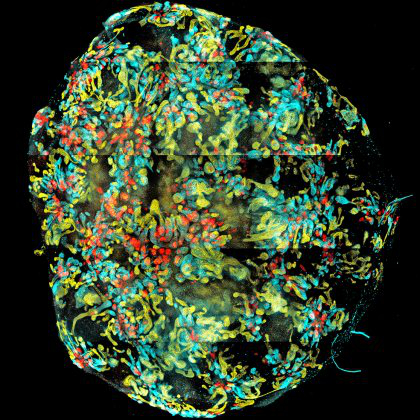New deal for tissue printing
 The Murdoch Institute has signed a deal with a US-based biotech company to create ‘bioprinted tissue’.
The Murdoch Institute has signed a deal with a US-based biotech company to create ‘bioprinted tissue’.
They are working on 3D ‘bioprinted’ stem-cell tissue that could one day be used to treat end-stage kidney disease.
Murdoch Children’s Research Institute (MCRI) Cell Biology Director Professor Melissa Little is a world leader in modelling human kidney tissue from stem cells.
In 2015, Prof Little and her team grew the first kidney organoid in a petri dish.
“No larger than the tip of your finger, the lab-grown mini-kidneys have the hallmarks of a regular-sized kidney, including the tiny tubes and blood vessels that form nephrons, the organ’s filtering structures,” Prof Little said.
“The mini-kidneys are already being used to better understand how kidneys develop and how kidney disease occurs. This new program hopes to develop new treatments.”
Prof Little and Professor Ton Rabelink from Leiden University in The Netherlands will now team up with San Diego-based Organovo to create a 3D bio-printed stem cell-based therapeutic tissue for treating end-stage renal disease.
Prof Little said the 3D bioprinter uses a computer-guided pipette to layer living cells, referred to as bio-ink, on top of one another to create artificial living tissue in a laboratory.
Organovo chief executive Taylor Crouch said the multi-organisational effort combines its bioprinting platform with MCRI’s world-class stem cell technology and Leiden University’s clinical expertise.
“Partnerships with world-class institutions can accelerate ground-breaking work in finding cures for critical unmet disease needs and the development of implantable therapeutic tissues,” he said.
The partnership was made possible through funding from CSL Limited and Stem Cells Australia, through the Accelerated Research Program of the Australian Government’s Medical Research Future Fund.







 Print
Print